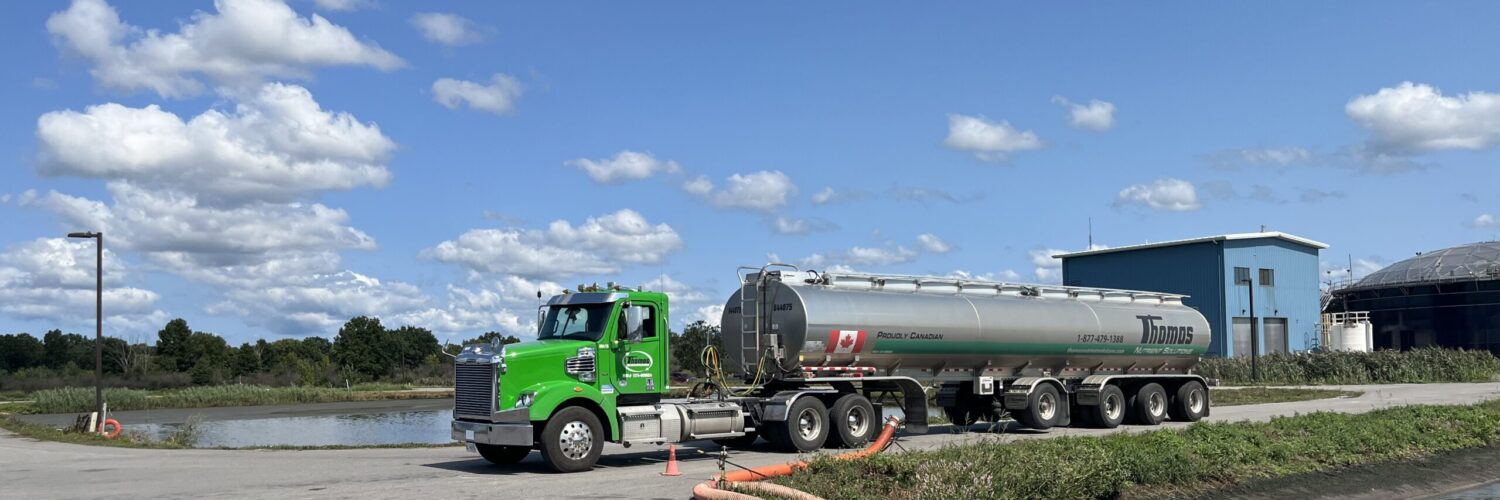With renewable energy gaining more traction in the race to replace fossil fuels, one alternative source comes from biogas. What makes biogas a viable option is that it can be processed from biosolids, however, some challenges remain.
Biosolids alone are not enough to provide the higher yield rates needed to make biogas production more commercially attractive. By mixing biosolids with other organic wastes such as sewage sludge, animal wastes, and other organic material the boost in biogas potential increases dramatically.
A new process called anaerobic co-digestion (AcoD) is then applied to the mixture of solid wastes and sewage sludge. This produces higher portions of renewable energy that could be extracted in the form of methane gas. There is also the added benefit of processing all these waste materials using common facilities which can help reduce operating costs. Another by-product from this method is the production of fertilizer that can be sold at affordable prices.
This process of co-digestion is also being applied in other parts of the world. Finland, Italy, Denmark, and Slovenia are countries that are currently exploring this method of biogas production. However, industrial application is still far from becoming mainstream.
Some of the challenges that hinder wide-scale adoption are the lack of design and operational experience in this field, understanding of the impact of co-digestion on the downstream processing of biosolids and biogas, the best way to handle waste collection and handling, lack of utilization options and insufficient financial incentives.
There is still a lot that needs to occur for AcoD to become socially accepted into the mainstream market. More studies into the energy efficiency of this process under various conditions need to be looked into. Stakeholders need to show more interest in the development of sustainable energy from biomass and promote biofuel use in households to increase awareness of its importance. More people need to know the long term-benefits that this process delivers in terms of reducing greenhouse gases and the economic advantage of sustained recycling of biosolids for waste management.
The prospect of converting biosolids into biofuels such as methane, hydrogen, and ethanol are just the beginning of what these new processes can deliver. There is also the potential to create bio-plastics, bio-pesticides, organic acids/compounds, and enzymes. Research is currently in the process of exploring even more benefits of anaerobic co-digestion and how it could be commercially applied.
Anaerobic co-digestion is a promising new development in the advancement of waste management. It has the potential to make renewable energy from biosolids sustainable and cost-effective and has the long-term benefit of saving the environment from excess waste and pollution from fossil fuel emissions.
If you are a farmer in the Niagara Region and are interested in considering biosolids as a potential application to your fields, please call us on 1 (877) 479-1388.
Sources:
https://sciencetrends.com
https://archive.epa.gov

